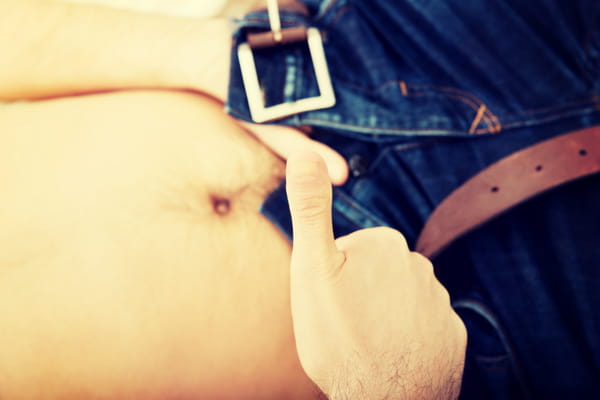Prostate cancer is the cancer that most affects men in France. Studies have looked into a possible link between this disease and ejaculation.
According to Public Health France, prostate cancer remains the most common in men before lung cancer and colorectal cancer. The prostate plays a major role in the production of seminal fluid. Many studies have therefore attempted to find out if a link exists between ejaculation and the risk of prostate cancer.
A scientific journal crossed these different resources. 7 out of 11 studies tended to demonstrate that the frequency of ejaculation could have a beneficial effect on the risk of prostate cancer. According to analyses, ejaculation reduces the toxins that accumulate at this level and which can then increase the risk of disease. It can also strengthen the immune defense against tumor cells or reduce the activity of the nervous system to prevent prostate cells from dividing too quickly.
How often would one then have to ejaculate to benefit from this protective effect? If no certain indication exists at the moment, there have been some estimates. A Harvard University study conducted on men aged 20 to 29 found that those who ejaculate at least 21 times per month could see their risk of cancer up to 31% lower compared to those who only do it between 4 and 7 times out of four weeks.

Another one study more recent and in an older population (40-80 years) demonstrated a reduction in the risk of prostate cancer in men who ejaculated regularly, i.e. approximately 4 times per month. Continuing in this logic, testosterone would also play a major role since it can increase sexual desire and therefore the possibility of ejaculating. It is recognized as a possible influencing factor.
Comparison of these two studies shows that doubt persists about the frequency necessary for superior protection as well as the effects according to age. In addition, intimacy sometimes remains a taboo subject and participants’ responses may also have been a little biased, with exaggerated statements or underestimates. We must not forget that other factors also play a role in reducing the risk of cancer, such as lifestyle and eating habits. Although it is therefore impossible to establish at the moment the precise effect of ejaculation on prostate risk, a link does seem to exist.
